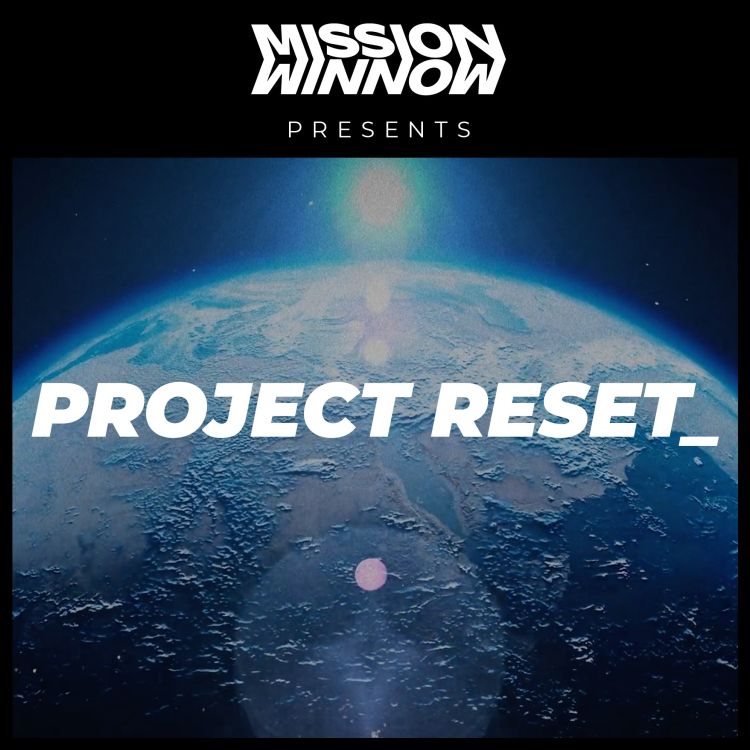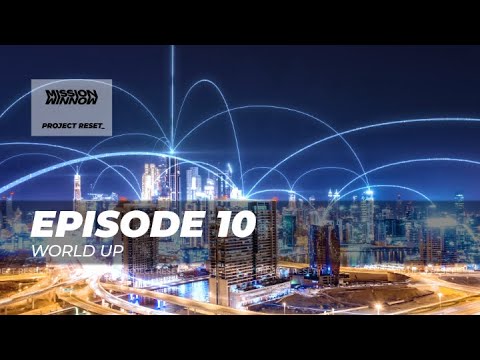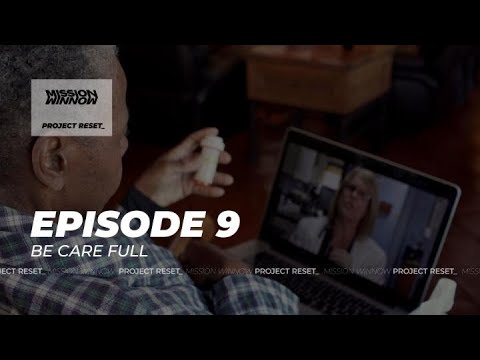Sport 2.0
3 min read
The global sporting landscape has undoubtedly been disrupted in a way in which we haven’t seen in over 70 years. Both athletes and fans alike were forced to hit pause, while tournaments had to be rethought in the way they were organized. Changes were crucial, and many have started to wonder if this could be the reset the industry needed.
To discuss this Wimbledon’s Mick Desmond, DAZN’s Andrew Croker, former footballer Alex Scott and PMI’s Riccardo Parino join presenter Rick Edwards in a new episode of Project Reset all about what the future of sports will look like for participants in local teams and athletes on a strict timeline to compete, and for fans from afar and crowds in stadium.
Opinions might vary, but there is one point everyone can agree on: sports are crucial. Not only because it brings people together, whether you’re participating as an athlete or you follow a team, but because it becomes part of people’s routines in their everyday lives. We rely on sports for health, for entertainment and for socializing, so when sports went into lockdown, a huge part of our lives was taken away.
With that in mind, it was no wonder people were desperate for sports to come back, but their return opened the doors to a big question: do sports really need live crowds? The answer appears to be a resounding yes. One massive point is that crowds can influence the ways players play, amping them up, helping them get in the zone, and giving any match a gladiatorial feel. Take the crowds away, that feeling also goes away.
And even though broadcasting capabilities are better than ever and fans are able to have an experience that is just as good, if not better, than watching from a grandstand, there is no denying that without crowds there is a huge element missing from the general atmosphere. It can be quite depressing, and nothing ever really does replace the feeling of watching a sport live and being surrounded by other fans.
Another huge incentive in favor or crowds is that they are essential for lower leagues and less major sports since a lot of the money they need to operate comes from ticket sales. Many have taken a hit, and with this in mind, some of our panelists think this could be the time to consider things like salary caps, part-time operations, or whatever is needed to make it more sustainable in light of the future.
It could also be the time to rethink the broadcast media landscape. This is going to change in every way, including rights fees, broadcasting hours, and longer-term deals. There will also be changes in content as younger generations start shaping the media landscape and demand content that is more relevant and shorter. Like everyone else, sports will need to adapt too and that is expected to be one of the biggest challenges. That’s not to say there is no place for the traditional formats we know and love, but there is a risk of them losing relevance.
Change is happening in the sports arena, but there is nothing that can replace the excitement and importance of fans going to support their favorite teams. The return of crowds might yet take some time, but there is no question at all that they will return as fervent and as passionate as ever.




